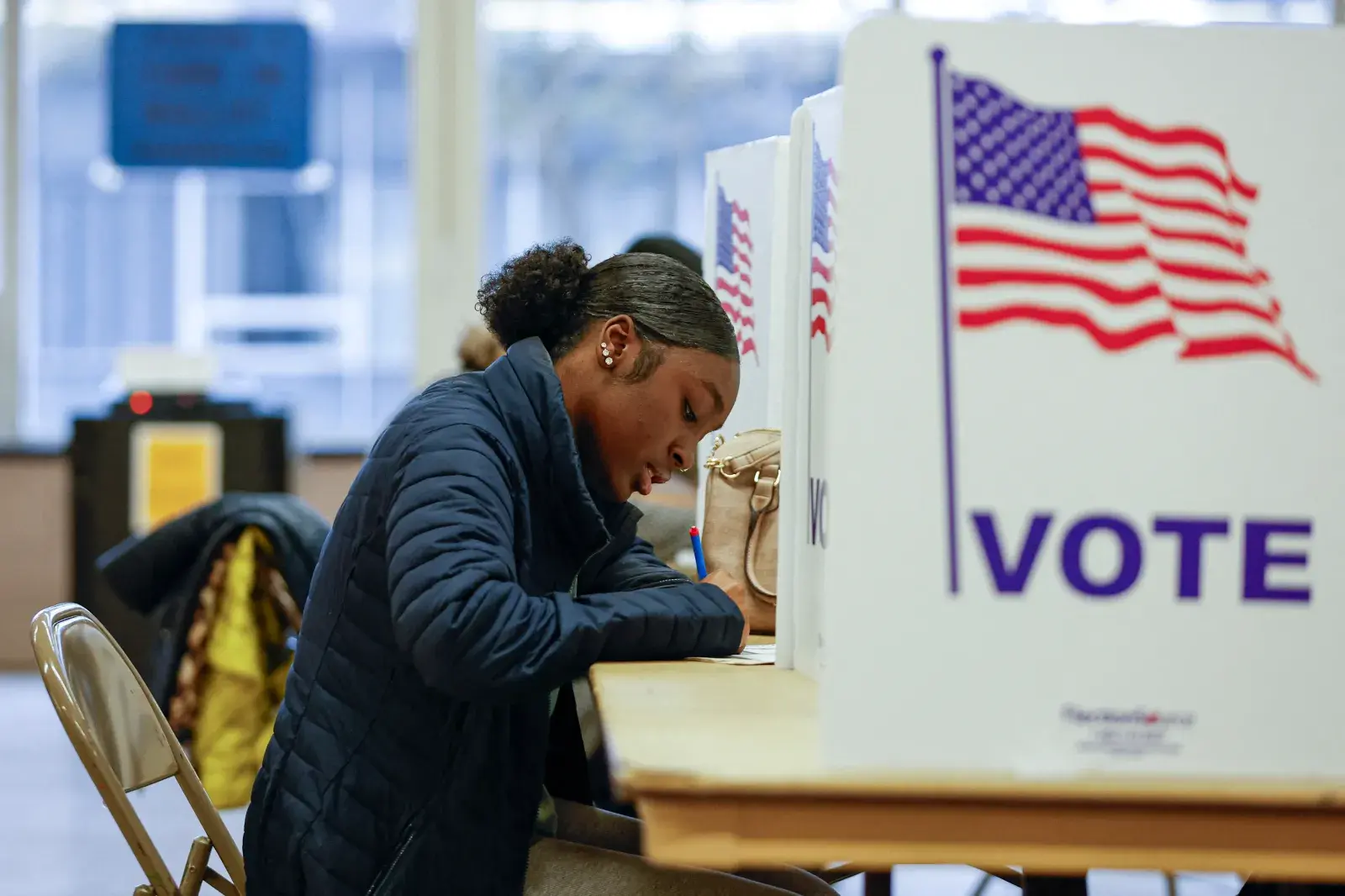Copyright thestar

Branden Jacobs-Jenkins is the hottest American playwright working today. Last year, his play “Appropriate” won several Tony Awards, including best revival of a play and one for lead actress Sarah Paulson. It was also a big commercial success. This past June, “Purpose” won him a second Tony — this time for best new play — as well as the Pulitzer Prize for drama. “My friends kid me about those awards now — they can’t say something without adding ‘Tony this,’ or ‘Pulitzer that,’” he said recently on a Zoom call from Minneapolis, where he’s polishing the book for the new pre-Broadway musical adaptation of the Prince film “Purple Rain.” “These are not things I ever imagined for myself 10 or 15 years ago,” he added, modestly. “I was just writing these weird little plays.” Toronto audiences are familiar with some of those weird little plays. In the past few years, we’ve seen fine productions of his 2015 play “Gloria,” about how a violent event affects a group of office workers, and 2013’s “Appropriate,” set on a decaying Arkansas plantation where the ghosts of racism haunt a dysfunctional white family. The Shaw Festival, too, has staged two of his more experimental works: “An Octoroon” and “Everybody,” fascinating explorations of race and theatrical conventions. The company is set to workshop a new Jacobs-Jenkins play there next August. But first comes Soulpepper’s production of “The Comeuppance,” a work that holds a special place in the playwright’s heart. It’s loosely inspired by a visit to his old Washington, D.C., high school, where he received an award a couple of years ago. While reuniting with friends there, he found out that one of their group had died. That got him to revisit a script he’d abandoned about friends at a high school reunion. The play, set a few years into the COVID-19 pandemic, features a half-dozen friends — most formerly part of a group of misfits called the “Multi-Ethnic Reject Group” — before they set off for their school’s 20th anniversary celebrations. Besides the pandemic, and encroaching middle age, the characters discuss things like the Capitol riots, the U.S. Supreme Court’s overturning of Roe v. Wade and the polarization of society. “When the pandemic began, I was surprised to discover how little literature came out after the flu epidemic of 1918-20,” said Jacobs-Jenkins about this very specific setting. “There were so few works and I read all of them. No one thought to document this moment and it got me wanting to document this. Part of writing the play was me wanting to capture a moment and a feeling. That’s the gift of contemporary theatre. “I would feel weird writing something that didn’t acknowledge the fact that everyone had just lived through the same trauma and had probably just that morning read the same headlines. “Theatre can unify people and help them feel connected to strangers. And you do that by revealing the social context to them. On some level, that’s the spirit of all the work I try to do.” One of the bold gambits of “The Comeuppance” — announced in its first few minutes — is the fact that Death is a character and takes turns speaking through various people. “Whether they admit it or not, people thought about the finality of their life during the first few years of COVID,” Jacobs-Jenkins said. “It made me appreciate life and other people more. There was that period when everyone reached out to old friends and reconnected. And I remember thinking, ‘Why can’t life be like this all the time? Why does this only happen to us when we’re afraid?’” Jacobs-Jenkins can’t say much about his work-in-progress at the Shaw Festival next summer, but he’s looking forward to spending a couple of months in Niagara-on-the-Lake working with artistic director Tim Carroll and the Shaw ensemble. Several years ago, Carroll — who had already mounted Jacobs-Jenkins’ “An Octoroon” at the festival — was in New York and sat down with the playwright over a meal. “We both realized we had this deep love for Eugene O’Neill,” said Jacobs-Jenkins. “For many years, I’d wanted to adapt his play ‘The Emperor Jones’ and Tim said he wanted to give me space to think about it. Eventually, the stars aligned. I had a spot in my calendar and asked Tim if something could happen and he said absolutely. “I’m going to try to work and create with actors I’ve never worked with before. I want to get in the spirit of the festival, surrounded by all this excellent work. Obviously I love Shaw and everything he represented. I wouldn’t call my work Shavian, but who doesn’t want theatre to be as intelligent as it can be?” Jacobs-Jenkins believes that not-for-profit theatre companies like Shaw and Steppenwolf in Chicago — where “Purpose” premiered before moving to Broadway — are an essential part of the theatre ecology. So he’s concerned that many companies have recently shuttered. “The commercial sector is making a huge mistake by taking them for granted,” he said. “The success of Broadway plays, and to some extent musicals, in the last two years is purely dependent on non-profit involvement at the ground level. Commercial theatre does not have a sustainable structure. It depends on these places to develop the work, and it doesn’t give enough credit to them by honouring and supporting them. “That’s where I came up,” he added. “If the non-profit spaces suffer anymore, there’s not going to be any commercial work. I’m very grateful to them. I’d be happy to work there forever.” “The Comeuppance” begins performances Oct. 30 and runs until Nov. 23 at Soulpepper Theatre’s Michael Young Theatre (50 Tank House Lane). See soulpepper.ca for details.



